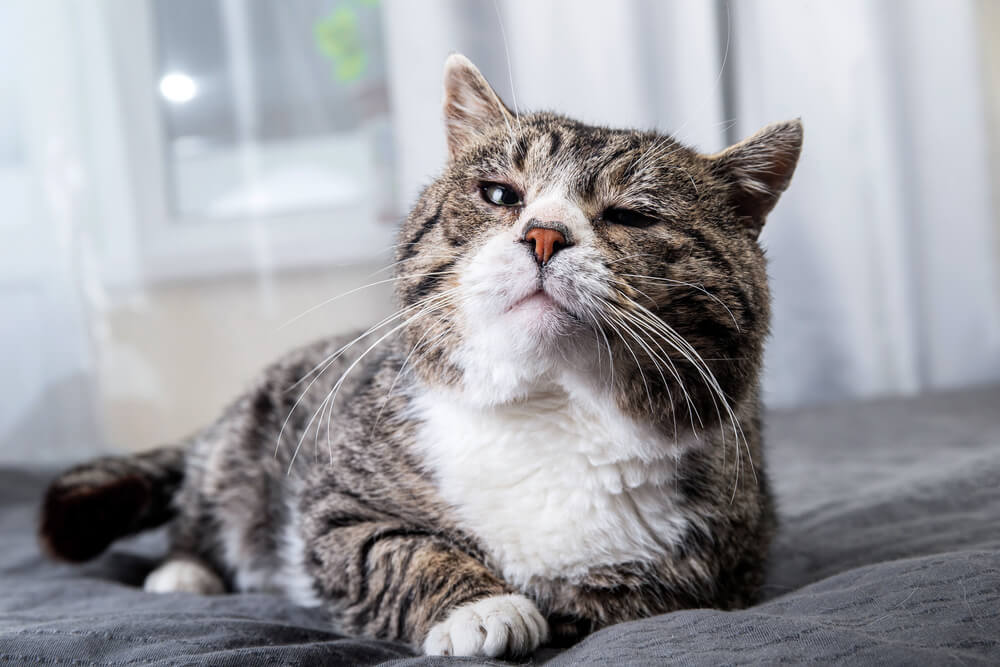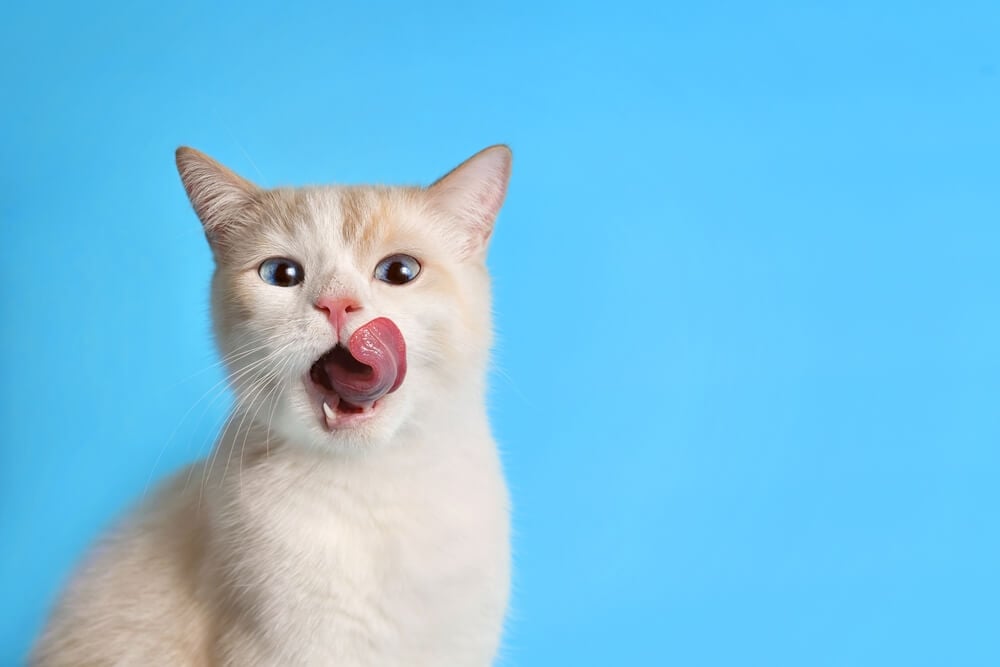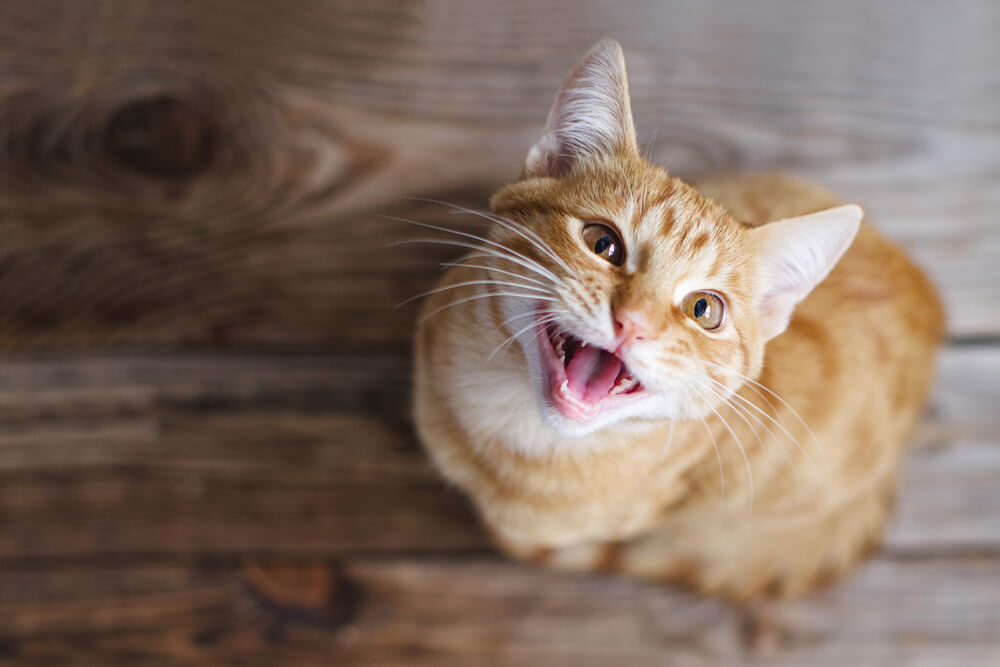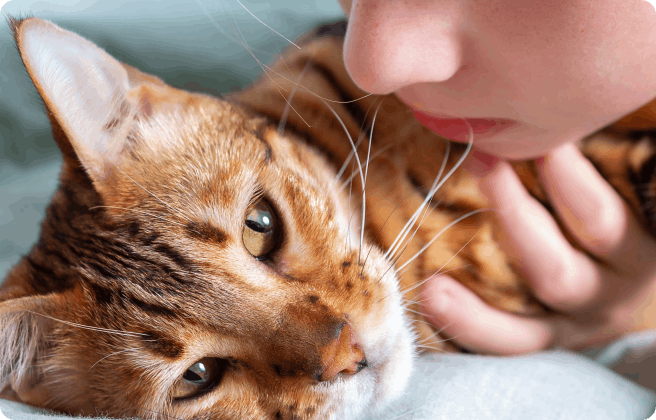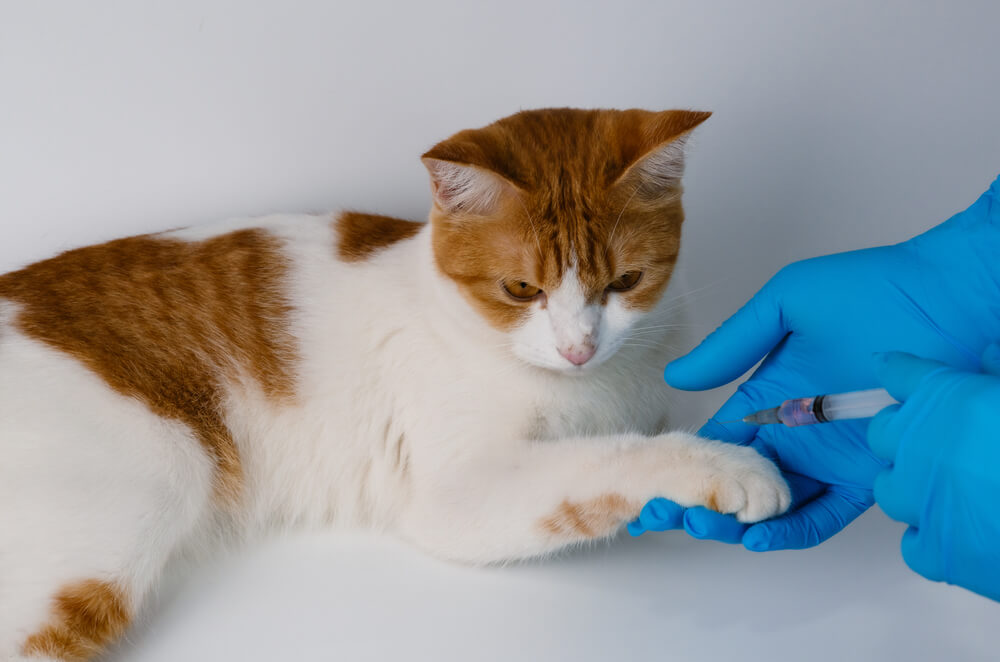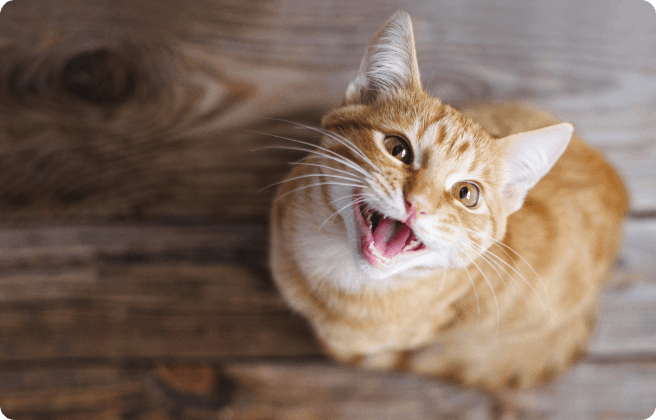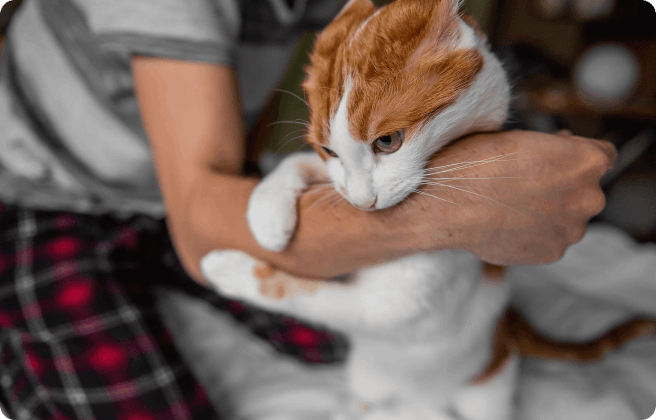
As much as you might think your cat wouldn’t harm a fly, there’s a natural predator inside them.. Fortunately, your pet shouldn’t use their teeth for anything other than eating and perhaps playtime with their favorite soft toy, but they might occasionally nip you. There are several reasons why they might do this and it can give you an insight into their frame of mind. Here are some of the possible explanations for why your cat bites you.
Youthful over-enthusiasm
If they’re still a kitten, biting might be a sign they’re not fully domesticated quite yet. It takes time for a youngster to learn socially acceptable behaviors — you only have to look at toddlers in nurseries to see this in action with us humans, too — and pet parents can help train this habit out of cats by slowly getting them used to new stimuli and offering toys to play with instead of fingers and toes.
A not-so-gentle reminder
However, once a kitten has finished what vets call the socialization period, it’s not uncommon for cats to occasionally bare their teeth against those with whom they share a household. Sometimes this happens during petting and it’s a pretty straightforward message — “I don’t like that”. Some cats enjoy being stroked, while others are a little more sensitive to human touch. Be sure to read your pet for the subtle signs to see if they’re grateful for your caresses — a stiff body, a twitching tail or hissing should let you know to give them a little space. (add body language article link)
Predatory instinct
If your cat bites you during playtime, it might just be a case of them getting a little overexcited and their inner hunter coming to the fore momentarily. When they have fellow animals to play with, cats naturally learn how far they can use their claws and teeth before they’re causing harm, so it helps to replicate this behavior. Be sure to have a toy to hand and stop playing with them if they’re getting a bit too aggressive. At the same time, reinforce good behavior with a treat or two.
Attention-seeking
On other occasions, biting might come completely out of the blue. Cats are clever and they will quickly work out that it’s a pretty effective way of getting your attention, along with meowing (link to meowing article) or even licking (link to licking article). If you think this is the case, try your best not to reward this habit — rather than following a bite with some cuddles, get up and walk away in as calm a fashion as possible. They should soon get the message.
Feeling stressed
Another thing to bear in mind is that cats will sometimes bite if they’re feeling stressed or poorly. If they’ve started doing this uncharacteristically, keep an eye out for other signs that they’re not quite themselves — overgrooming, not using the litter tray properly and hiding away are surefire indicators something’s wrong.
Speak to your vet if you think your pet might be in distress and have a think about any sudden changes that might be the source of this strange behavior. Is there a new cat or dog in the neighborhood that’s on their territory, for instance? Or new guests in the home that are taking a little bit of getting used to?
How should I treat cat bites?
If it’s a shallow bite, make sure to clean the wound immediately with soap and warm water, or antiseptic treatments if they’re available, and monitor the site afterwards to check it’s healing correctly — incidents of swelling, redness or fever should be a sign to call a doctor.
For deeper wounds, you should apply pressure to the site until the bleeding stops, before washing and drying the wound and covering it with a sterile dressing. Again, call a medical professional who will be able to decide if further action is necessary.
Whatever the reason for your cat’s biting, it’s also important to check in on yourself as well, as cat bites can sometimes lead to nasty infections. This advice is especially important to follow if it’s a bite from a stray cat, as they can often carry diseases.
We uphold the highest editorial standards when creating the authoritative content pet parents rely on and trust.
Every piece of clinical content on the Cat Food Advisor is reviewed by our certified Veterinary Advisory Board, which consists of licensed veterinarians and medically certified specialists.
Our reviews are completely independent; we are not paid by any pet food company to promote their products favorably. We do not accept money, gifts, samples or other incentives in exchange for special consideration. For more information see our Disclaimer & Disclosure page.




